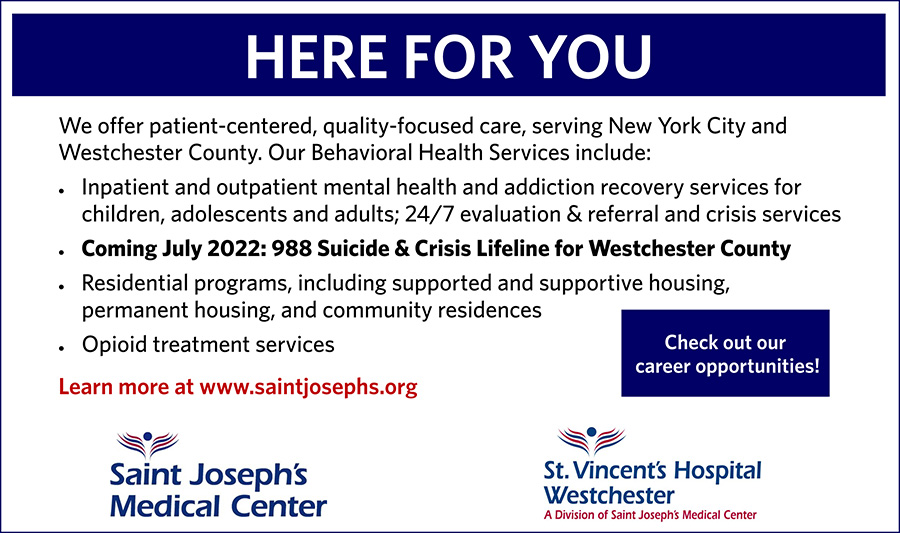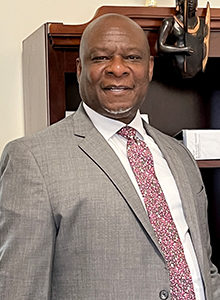
During the month of May, we at the St. Vincent’s Personalized Recovery Oriented Services (PROS) program participated in the observance of Mental Health Month. The topic “Mental Health Stigma” was so timely in the face of current events taking place in our society. This particular discussion on mental health stigma came with three grounding questions that we addressed in our Town Hall during our Community Meeting.
- What is it?
- Who does it impact?
- How do we stop it?
Immediately upon posting flyers promoting our Community Meeting, our PROS participants began discussing stigma and processing this term in therapy classes and treatment groups. During our Town Hall, we wanted to capture the voice of the community on the topic of Mental Health Stigma. When discussing “What is Stigma?” many of the participants shouted out from their seats different factors from their earlier discussions: “It is the way that society measures some people;” “It is a label that sets limits on people with mental illness issues;” and “It is really like a target used to point out people with mental illness.”
As the discussion progressed it became clearer that feelings were evoked and emotional expression became apparent. One person said, “Yes, if you see how many T.V. commercials target people with mental illness and how confusing it is,” another said, “the people in those commercials look so happy, like nothing is really wrong with them.”
As the topic began to heat up, more of the participants started to chime in with their thoughts. So when the question was asked, “Who does it impact?” a shout came from the audience, “It impacts everyone.” The idea of educating and advocating was echoed by other clients. “We need to be able to talk about mental illness more to normalize it,” said Jack. “You are not your mental illness,” said Maria. “Don’t put stigma on yourself,” said David.
The conversations shifted with the role of media and the coverage of the recent mass shootings and how the reporting was further stigmatizing to people with mental health issues, Jason said, “they make you want to just hide your face because you know that is how they see you.” These events were very much on the minds of clients at the town hall/community meeting.
Several clients spoke of their frustration with the ways in which tragedies such as the shooting in Texas are covered by national media and the ways government officials talk about them, with the implication that the shooter “must have had mental health challenges.” Mary commented, “Mental health shouldn’t outweigh the problem of an 18-year-old being able to buy guns,” while Ellen said, “People with mental illness are more likely to hurt themselves than to harm other people.” Bill said the media coverage creates the impression that “anyone with a mental illness could be a danger to society.”
The conversation then moved to “How Do We Stop it?” Don said, “For yourself, you have to be the one to do something by helping others who may be experiencing the same problems.” Elaine talked about educating others about mental illness, saying, “Mental illness is not a topic most people understand. It is not contagious and you can’t catch it by caring about someone who has a mental illness.”
When asked how they coped with the impact of stigma, Darcy responded, “I keep God in my life – it’s so important to have a higher power.” Don said, “Contribute to society, don’t be closed off – do something to give back.”
John spoke up about the need “to make resources more available to people who are closed off by the pandemic and their illness and suggesting that telehealth and Zoom classes were helping people who are struggling.” “Don’t just accept your diagnosis,” said Anna, “educate and advocate for yourself.”
For the PROS clients, their powerful and positive message in the face of stigma is: “Educate, advocate, don’t just stand by, do something to make change.”
Please note: Names have been changed to preserve client confidentiality.
Clinton Bryant, LMSW, is Director of Personalized Recovery Oriented Services at St. Vincent’s Hospital Westchester, a division of Saint Joseph’s Medical Center.








I would love to go too pros